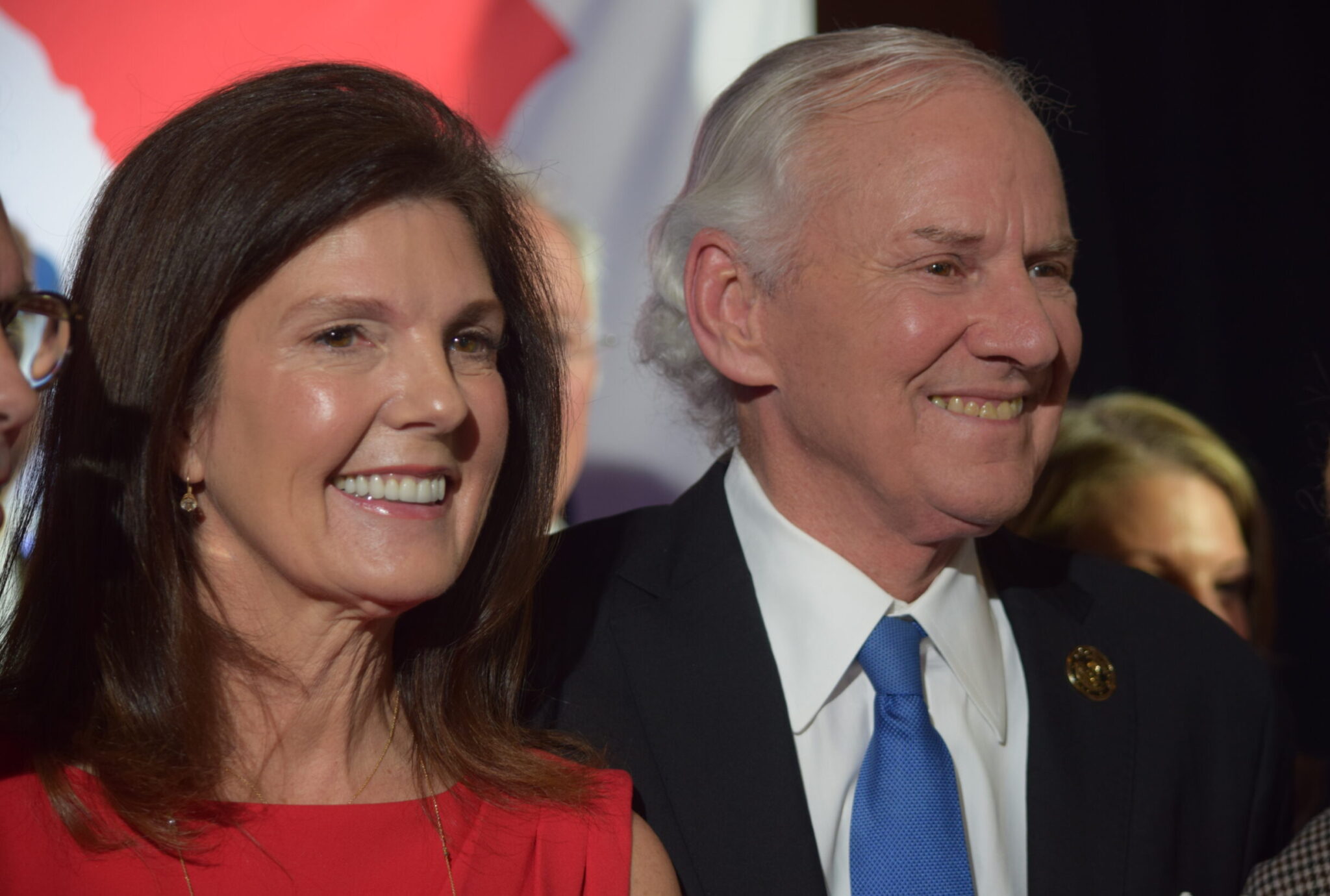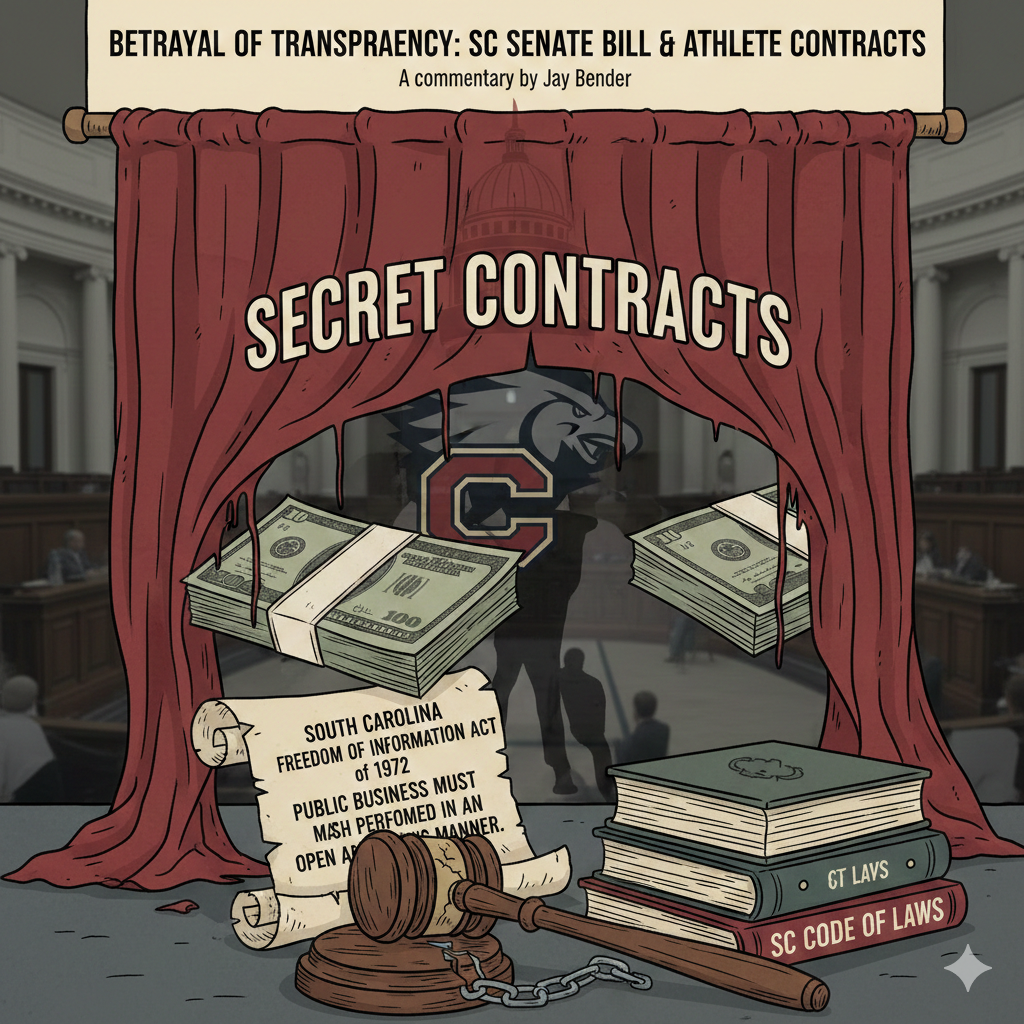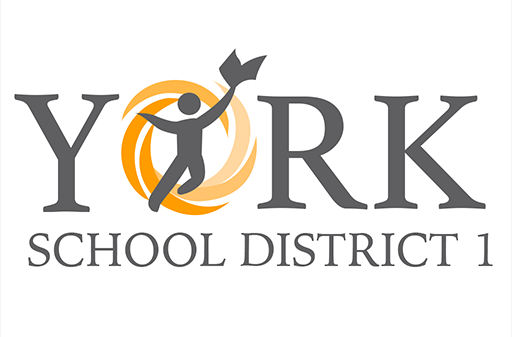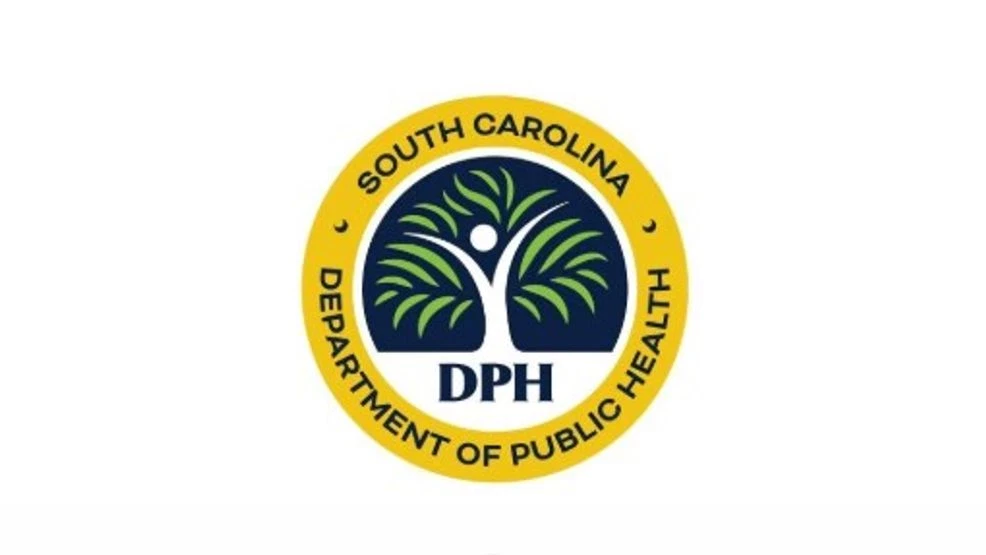Every year on November 11th, the United States observes Veterans Day, a federal holiday dedicated to honoring and thanking all military veterans who have served in the U.S. Armed Forces. This significant day evolved from a commemoration of a single event into a broad national tribute to every American who has worn a uniform.
From Armistice to Veterans
The roots of the holiday lie in the end of World War I, which at the time was optimistically called “The Great War.” Major hostilities formally ceased with the armistice signed on the eleventh hour of the eleventh day of the eleventh month of 1918.
One year later, President Woodrow Wilson proclaimed the first Armistice Day, intended as a day of pride and gratitude specifically for those who served in World War I. In 1938, Congress officially made November 11th a legal federal holiday.
A Broader Call for Recognition
The holiday’s focus broadened dramatically after the extensive mobilization required for World War II and the Korean War. Recognizing the need to honor all who served—not just those from World War I—veterans service organizations urged Congress to expand the scope of the day.
In 1954, Congress responded by officially striking the word “Armistice” and inserting the word “Veterans.” President Dwight D. Eisenhower signed the legislation, transforming the holiday into Veterans Day, a nationwide commitment to honor veterans of all conflicts and eras.
Returning to the Historical Date
During the late 1960s, a Congressional Act moved the observance of four national holidays, including Veterans Day, to Mondays to ensure three-day weekends for federal employees. The first Veterans Day under this new law was observed on October 25, 1971, leading to widespread confusion and dissatisfaction.
Veterans and the public largely felt the date’s historical significance—tied directly to the 1918 armistice—was too important to sever. Based on overwhelming popular support, President Gerald R. Ford signed legislation in 1975 returning the official observance of Veterans Day to its original and symbolic date of November 11th, beginning in 1978.
Today, Veterans Day serves not as a day of remembrance for the fallen (which is the purpose of Memorial Day), but as a day of celebration and gratitude for the living veterans who answered the call to serve and returned home. It is a time for the nation to collectively reflect on their courage, patriotism, and dedication to defending freedom around the world.
Sign up for our Sunday Spectator. Delivered to your inbox every Sunday, with all the news from the week.









